Audio available in app
Brain's plasticity allows for continuous learning from "summary" of Mind Over Mind by Chris Berdik
The brain is a remarkable organ that has the ability to adapt and change throughout our lives. This quality is known as plasticity, and it allows us to continue learning new things as we grow older. Our brains are constantly forming new connections and pathways in response to our experiences and the information we take in. This means that we have the capacity to acquire new skills, knowledge, and ways of thinking at any age. Plasticity is what enables us to learn a new language, pick up a musical instrument, or improve our memory and cognitive abilities through practice and repetition. When we engage in activities that challenge our brains, such as solving puzzles or learning a new hobby, we are actually strengthening the connections between neurons and enhancing our cognitive function. This process of neuroplasticity is what allows us to adapt to new situations, overcome challenges, and continue to grow and develop throughout our lives. Research has shown that the brain is capable of remarkable feats of learning and adaptation, even in the face of injury or disease. For example, individuals who have suffered a stroke or traumatic brain injury can often regain lost skills and functions through intensive rehabilitation and therapy. This is because the brain is able to reorganize and rewire itself in response to damage, forming new connections and pathways to compensate for areas that have been affected. By understanding the concept of brain plasticity, we can harness the power of our minds to pursue lifelong learning and personal growth. Whether we are seeking to master a new skill, overcome a challenge, or simply improve our cognitive abilities, the brain's capacity for plasticity ensures that we have the potential to continue learning and evolving throughout our lives. Embracing this idea can empower us to take on new challenges, expand our horizons, and unlock our full potential as lifelong learners.Similar Posts
Earth's climate has varied
The Earth's climate has been in a state of constant flux for billions of years. From the freezing depths of an ice age to the s...
Every brain needs oxygen
The brain is a remarkable organ, capable of processing vast amounts of information in a split second. But like any other organ ...
Engage in creative activities to stimulate brain function
One way to keep your mind sharp is to participate in creative activities that challenge your brain. These activities can includ...
Skill development requires deliberate practice
To develop a skill, one must engage in deliberate practice. This concept is crucial for achieving excellence in any field. Deli...

The brain's ability to adapt can lead to both positive and negative outcomes
The brain's remarkable plasticity allows it to adapt to a wide range of circumstances, leading to both positive and negative co...
Intelligence is a multifaceted trait
Intelligence is a multifaceted trait. It is not a simple, unitary concept that can be fully captured by a single measurement or...
Meditation and mindfulness practices can help rewire the brain
Dr. Joe Dispenza explains that our thoughts and emotions have a direct impact on the physical structure of our brain. When we e...
The brain is highly susceptible to biases and heuristics
The brain, that three-pound organ inside your head, is a marvel of evolution. It is responsible for everything you think, feel,...
